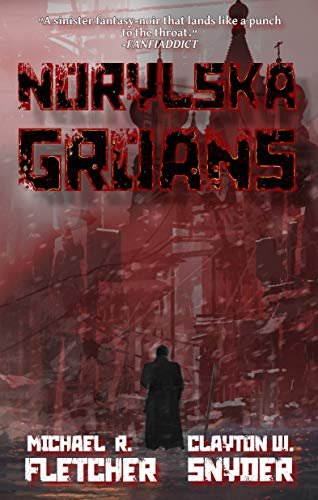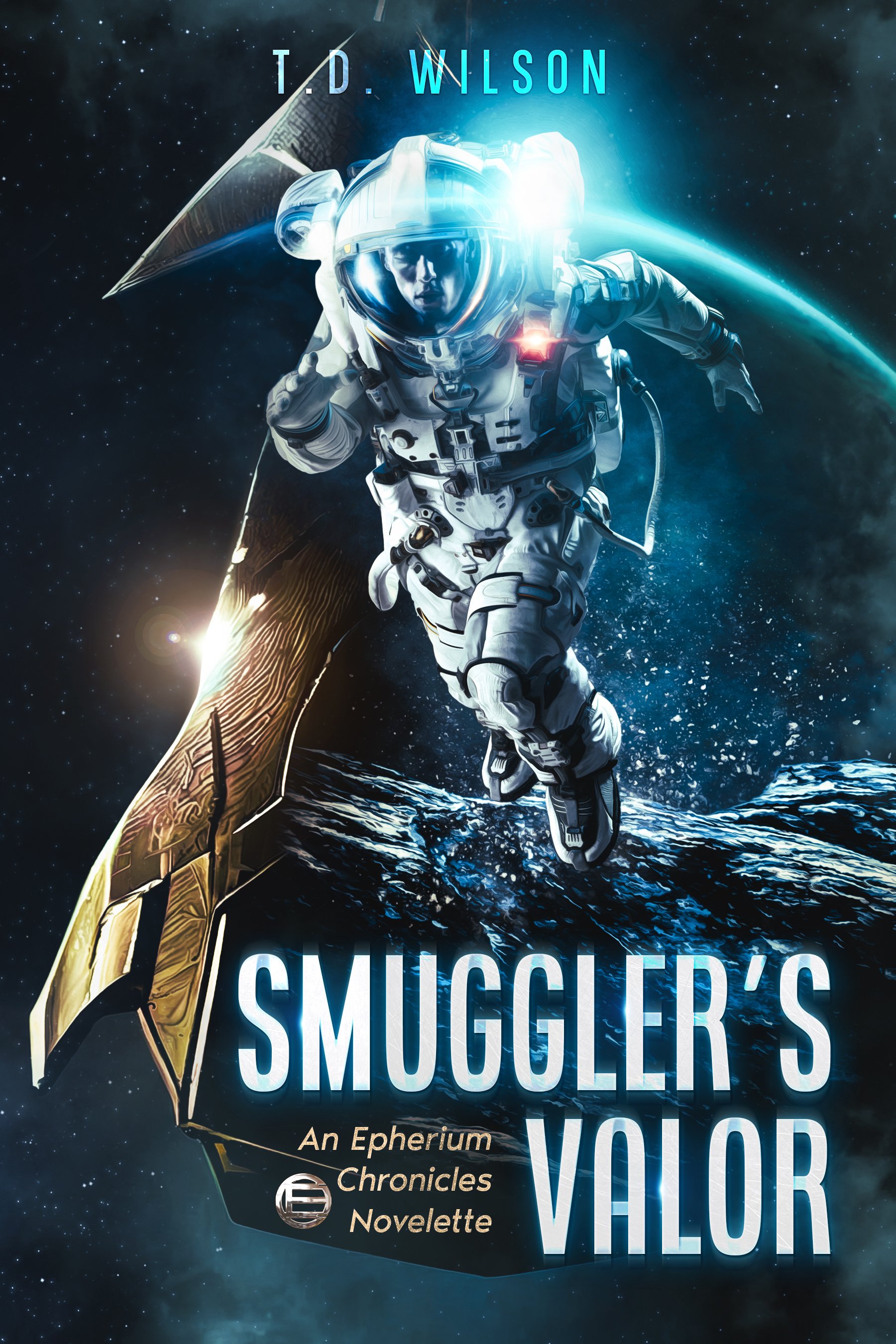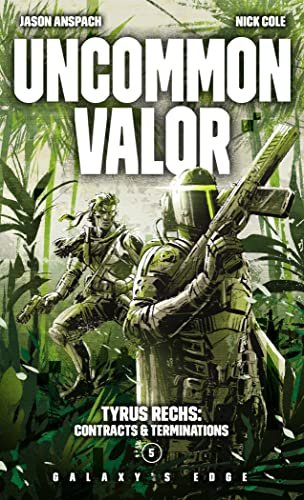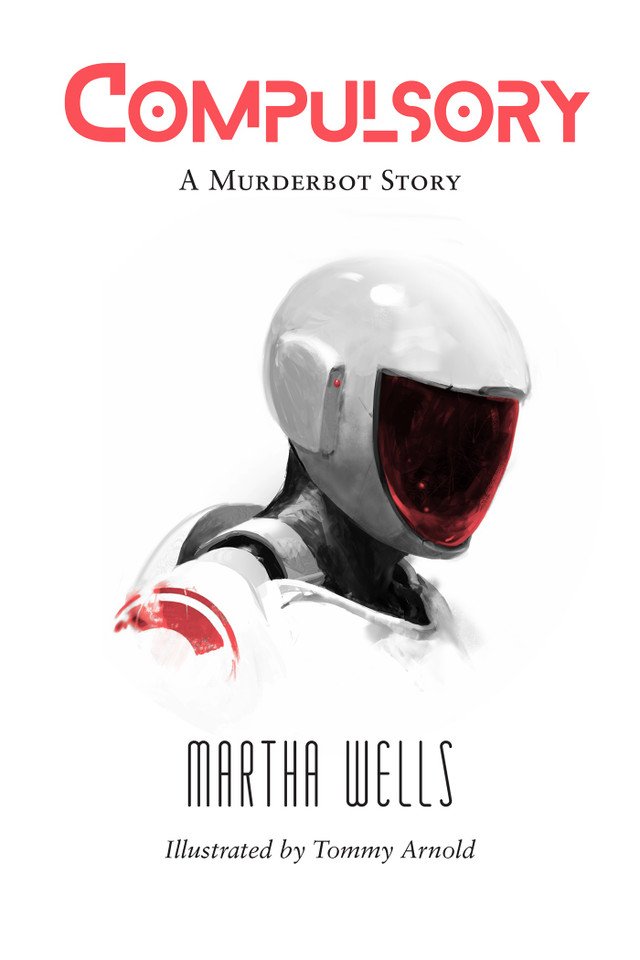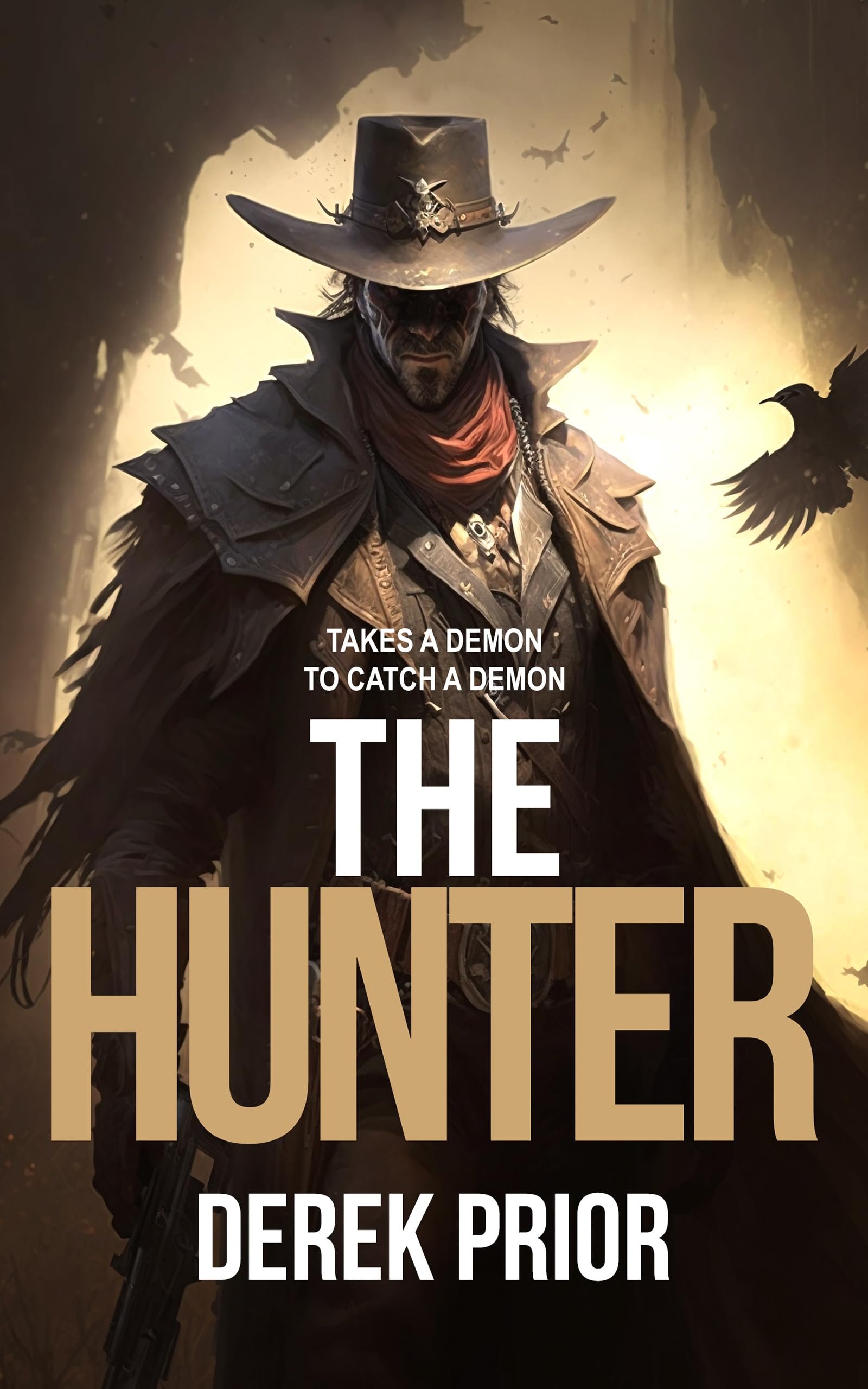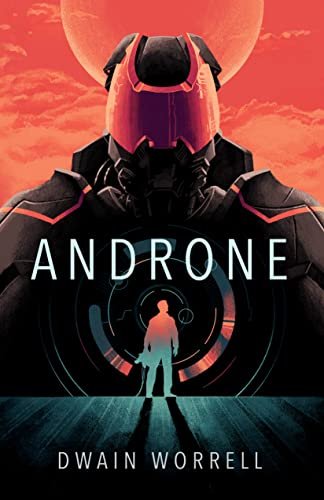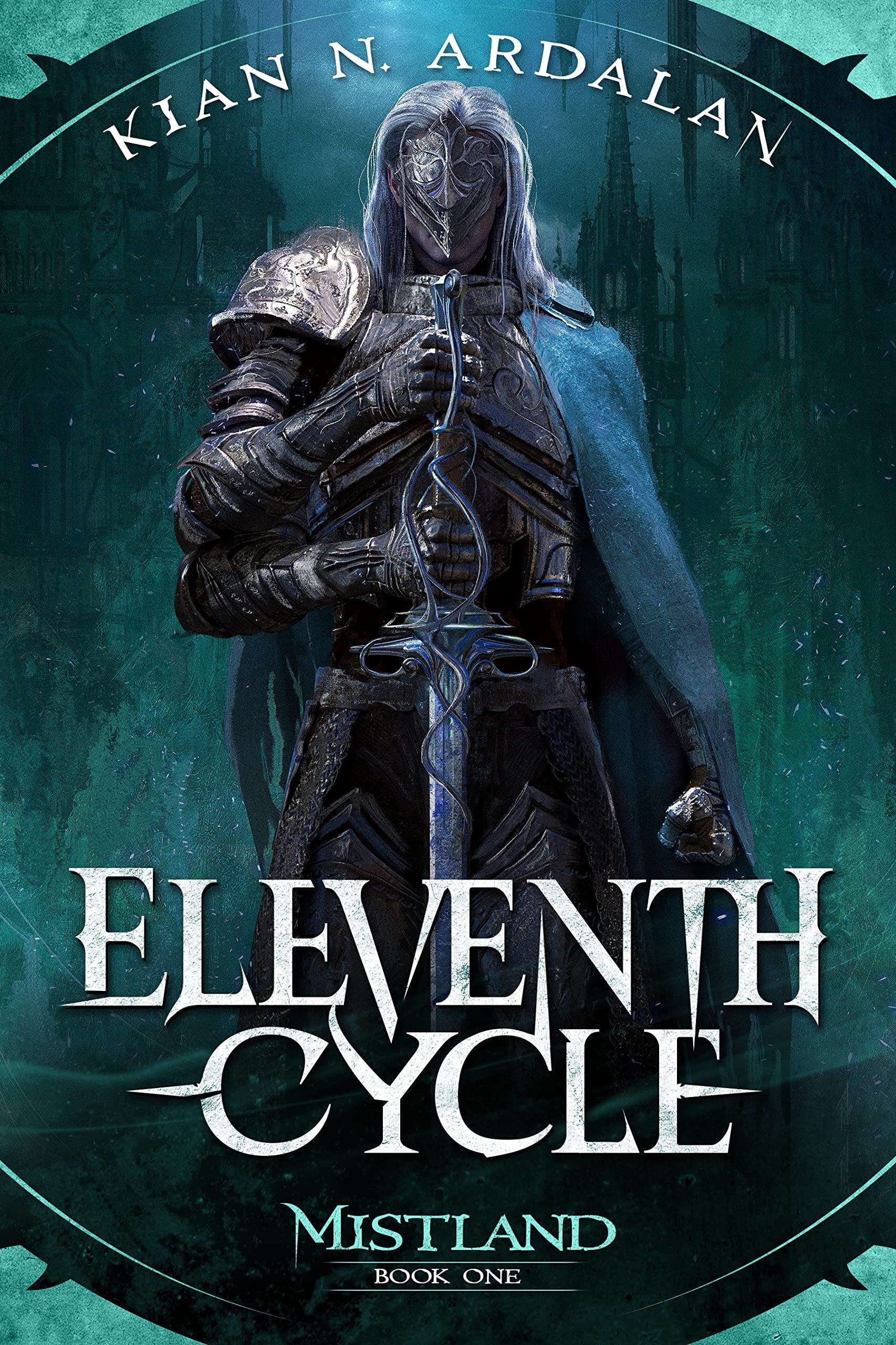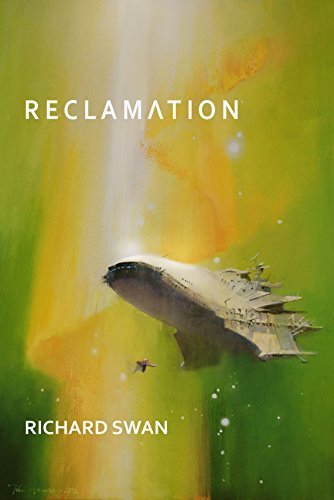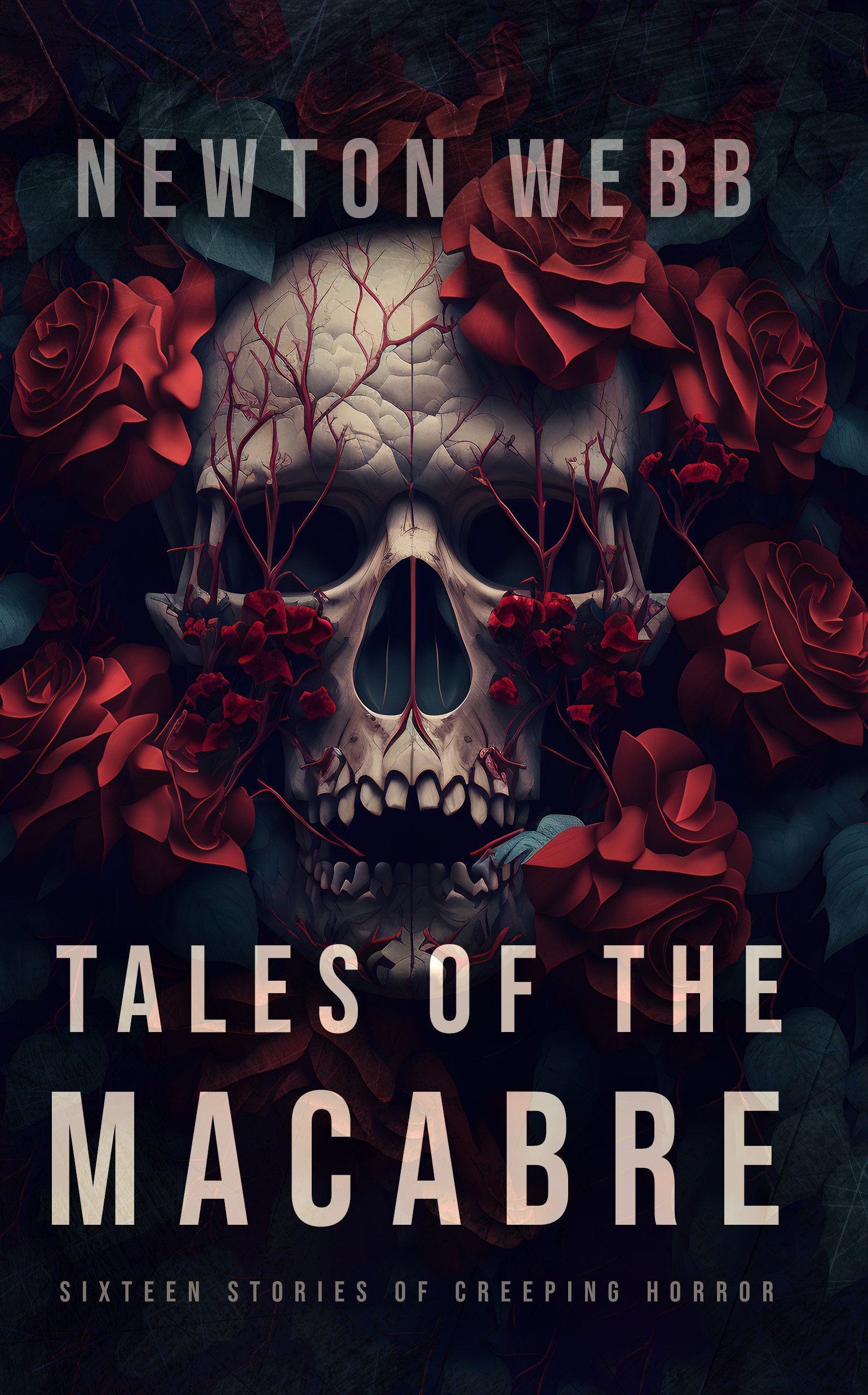Norylska Groans, Michael R. Fletcher, Clayton W. Snyder
Norylska is a dark, tortured city which groans from the many burdens it and its people bear. In this morass, we find a new female police officer, a new mafia muscle-man, and a pantheon of supporting characters who range from passive victims to some truly amoral specimens. The cop and the mobster intersect, and action–leavened with a lot of suffering–ensues.
Adding a twist is the use of special stones which provide both access to stored memories and reinforce various personal attributes both positive and negative while they are worn. This creates an interesting twist, because actions done while wearing memory stones are stored in the stones and not the wearer’s memories. This takes leaving your work behind at the office to a new level, and sets up a series of interlacing mysteries which wind sinuously through the plot.
Fletcher and Snyder have created a fantastically realistic world modeled (more than less) loosely on modern Russia. Fletcher’s sly habit of working in funny references to his chapter headings has been carried over to this book: my favorite was the apparent reference to Stalin’s father as a czar, accompanying a witty and dark bon mot. The writing is strong and laced with rich descriptions, and the plot is solidly done and twisty (also twisted, in places…) This is a gobsmacking effort from two of my recent favorite grimdark writers.
Smirk factor: Plus Qu’acceptable: 1.5 pts (6 smirks, used appropriately; otherwise excellent words.)
Immersion factor: Chest high: 1.5 pts (The sheer bleakness made me put it down now and then.)
Writing quality: Above average: 1.5 pts (Deep, intense effort from this team.)
Character/plot development: High: 2 pts
Innovative/interesting: High: 2pts
Total: 8.5/10 (4.25 stars)
Smuggler’s Valor, T.D. Wilson (2023)
This very short (63 page) effort from T.D. Wilson starts off like a pretty standard yarn about a smuggler who takes on a “simple” job which promptly goes pear-shaped. But what makes this stand out is that it has a, for lack of a better word, wholesome aspect to it which is really nicely done. We get a guy who winds up in a bad situation and given a choice, turns out to be into doing the right thing. Who knew? What he’s smuggling and what he does with it also turn out to be a neat twist. The story could easily have been cloying in less talented hands, but Wilson delivered a short and unexpected delight.
Smirk factor: All clear: 2 pts (Zero smirkage.)
Immersion factor: Chest-high: 1.5 pts
Writing quality: Above average: 1.5 pts
Character/plot development: Above average: 1.5 pts
Innovative/interesting: Above average: 1.5 pts
Total: 8/10 (4 stars)
Uncommon Valor, Jason Anspach and Nick Cole (2023)
A continuation of the lethal-but-principled assassin, general, bounty hunter and all-around badass Tyrus Rechts’ story, this sees the former Legion general head to a narco-world in search of a lost Legion sergeant. This team and its lone survivor forms one major arc within the book. The other is Rechts’ struggle against the bounty hunters looking for him. The two streams cross, as you might expect, in an explosion of violence. This is polished mil SF with a very pointed side helping of commentary about a society which uses those who’ve volunteered to defend it and then throws them away when they become inconvenient.
Smirk factor: All clear: 2 pts (No smirks given -- outstanding stuff)
Immersion factor: Chest-high: 1.5pts
Writing quality: Average: 1 pt
Character/plot development: Above-average: 1.5 pts
Innovative/interesting: Above-average: 1.5 pts
Total: 7.5/10 (3.75 stars, rounded to 4)
Compulsory: A Murderbot Story, Martha Wells (2018)
This is a decent introduction to the slightly off kilter perspective of SF’s favorite self-emancipated security apparatus. There’s nothing new here for veteran readers, though, and the plot is fairly straightforward. Easily readable because it’s by Wells, and it’s only eight pages. I treated this as a sort of appetizer before what will hopefully be more, full-length Murderbot goodness.
Smirk factor: All clear: 2 pts (No smirks, although Murderbot probably does–at least on the inside.)
Immersion factor: Full-body: 2 pts (Should I give 2 pts to something that left me feeling teased?)
Writing quality: High: 2 pts
Character/plot development: Above Average: 1.5 pts
Innovative/interesting: Average: 1 pt
Total: 8.5/10 (4.25 points)
The Hunter: Takes A Demon To Catch A Demon, Derek Prior (2023)
Jebediah Skayne is a ‘Maresman, a hunter who tracks down and ends incursions into what passes for civilization by all manner of dark and dangerous creatures. The problem is that he’s half-human, half-demon: and not overly-loved by either species. His mission takes him to Portis, a corrupt and flea-bitten fishing town whose mundane corruption hides deeper, dangerous and violent rot. Prior builds a nicely-detailed world where no one, and certainly not Skayne, is wholly innocent or any recognizable shade of “good.” This was a fun read, solidly-written and engaging in a dark way: accomplished if not quite exceptional. Makes me want to explore more of Prior’s writing.
Smirk factor: Acceptable: 1 pt (7 “smirks” and so forth in 250 pages. Not bad, not great.)
Immersion factor: Chest high: 1.5pts
Writing quality: Above average: 1.5 pts
Character/plot development: Above average: 1.5 pts
Innovative/interesting: Above average: 1.5 pts
Total: 7/10 (3.5 stars)
Androne, Dwane Worrell (2023)
Mankind is at war with an unknown, mysterious and lethal force. On the front lines are the pilots of the mysterious “andrones”–a portmanteau of “android” and “drone”–who battle the unseen enemy, and who harbor a traitor within their own ranks. The andrones and combat scenes are done well; unfortunately, they’re a small part of the total package. The plot has an interesting premise, with what should have been a series of cool twists.
“Should have been” because the interesting premise and potentially vivid characters are undermined by odd errors and a writing style which is stretched to the breaking point by the book’s length. The errors seems just lazy: Worrell doesn’t seem to have spent much time, if any, figuring out how militaries work, for instance. Not everything needs to be Galaxy’s Edge meets Parris Island, but come on–you don’t get commissioned in any serious military by accumulating “office hours”–it’s not med school or an internship.
My theory on the writing style: Androne makes sense if you think of it as low/mid-budget TV writing in novel form. Episodes in a TV series season can afford to have little jarring friction points or discontinuities because the watcher can reset between episodes. That’s more problematic in a novel, where the more I want to put it down to reset between things that don’t make sense the less likely I am to finish it.
This will work for a lot of people; it didn’t for me. I finished it while mourning the lost potential in what should have been a fascinating plot--but saw little that makes me want to invest in reading any sequels.
Smirk factor: Overdone: 0 pts (17 smirk/smirked/smirking, etc in 329 pages.)
Immersion factor: Shallow: 1 pt (This required continuous conscious suspension of disbelief.)
Writing quality: Average: 1 pt
Character/plot development: Below average: 0.5 pts (I sprained an eyebrow reading the descriptions of military life.)
Innovative/interesting: Above average: 1.5 pts
Total: 4/10 (2 stars)
Eleventh Cycle (Mistland Book 1), Kian Ardalan
Eleventh Cycle is strongly recommended by fanfiaddict.com and Grimdark magazine, both of which I think are solid sources. And for very patient readers it may be the gateway to a sprawling and epic fantasy experience. Unfortunately, I am not that reader. To be fair, there’s a lot to like here. The world-building here is great, and the characters are believable and nuanced. It’s nicely dark, Ardalan isn’t constrained by the need to have happy endings (one violent demise in particular rocked me backwards), and the writing is pretty solid.
The problem: at 873 pages, this is Tolkeinesque. It felt long and whole sections were just ponderous. So when I got to Ardalan’s intense and pretty riveting ending, I was almost relieved. This would have been okay as two novels, but it would have been awesome as a single volume that was a few hundred pages shorter.
Smirk factor: Acceptable: 1 pt (9 smirks, but spread across a massive volume.)
Immersion factor: Shallow water: 1 pt
Writing quality: Average: 1 pt
Character/plot development: Average: 1 pt
Innovative/interesting: Average: 1 pt
Total: 5/10 (2.5 stars)
Reclamation, Richard Swan (2015)
Reclamation is The Guns of August for space opera fanatics. Swan has constructed a universe in which intrigue swirls, resentments simmer in the dark, and a fatal blend of arrogance and complacency are about to bring an entire galaxy into an agonizingly violent war. Secrets are layered on secrets, and no one here appears entirely without some sort of hidden agenda–or if they are, they’re fillers who rapidly wind up dead. My only complaint is that this took a while to get going, but once it did it was a no holds barred descent into a war which, like World War I, shouldn’t have happened if there had been a few cooler heads around.
I read this based on a review by by Ed Crocker who found it enormously enjoyable. Never having read any of Swan’s fantasy, I was curious–and immediately got sucked in. It’s an interesting comment on the SFF genre that a 468 page tome struck me as being only “moderately long.” Swan generally goes a good job keeping the far-flung plot threads and disparate collection of characters vivid and interesting, particularly in the last quarter of the book. I’m likely to look at the rest of the series based on this taste test.
Smirk factor: Plus qu’acceptable: 1.5 pts (6 “smirks” but gets a dispensation.)
Immersion factor: Chest-high: 1.5 pts
Writing quality: Average: 1 pt
Character/plot development: Above-average: 1.5 pts
Innovative/interesting: Above-average: 1.5 pts
Total: 7/10 (3.5 stars)
The Osprey Chronicles (Complete Boxed Set), Ramy Vance and Michael Anderle (2022)
Jointly credited to the SFF-industrial complex that is Michael Anderle, this 2022 space opera aims high. It makes it into orbit, but just barely.
The background is fairly standard stuff: mankind has fled a dying Earth, but has learned nothing and immediately sets about repeating a whole series of mistakes. Sarah Jaeger, the central figure and hero, rebels against the space-faring dictatorship and steals mankind’s most-advanced ship. Following a mind-bending series of twists, she finds a planet where she and her crew can settle. Peace is short-live, and she has to deal with various alien species and the unwelcome arrival of the rest of the “Tribe” from whom she’d fled, who are not happy.
I originally filed this under “never going to be finished” after a few hundred very mixed pages, but decided to come back and give it another shot. Vance (who I assume did most of the writing) creates an interesting world, which is vividly-drawn but a bit over the top at times. If there’s a popular SF trope, it’s probably in here somewhere. As with most Anderle-branded output, there’s good quality control. The product is reliably consistent if maybe slightly bland, but nothing’s particularly innovative. It’s the reading version of a McDonald’s hamburger.
The writing is decent and the characters evolve nicely against the background of an ambitious and mostly well-thought out plot. The execution is okay, although I thought a less ambitious plot might have led to a more engaging read -- this is all over the place, literally and otherwise. The loudest discordant note was the ending, which had a whiff of deus ex machina to it–I found myself wondering if the series had hit a page cap and had to be truncated. Fun but solidly average.
Smirk factor: Acceptable: 1 pt (7 “smirk” uses.)
Immersion factor: Shallow water: 1 pt
Writing quality: Average: 1 pt
Character/plot development: Average: 1 pt
Innovative/interesting: Average: 1 pt
Total: 5/10 (2.5 stars)
Tales of the Macabre: Volume Two, Newton Webb (2023)
I’d read Webb’s Tales, Vol 1 and Nestor Lynch before, and liked both–although from the two volumes of Tales, I’d say that short stories may be Webb’s forte. Tales Vol. 2 continues the (short?) tradition, with 11 stories set across a widely-varied range of times and situations. Among the best were Trev Rides, a very metal tale of revenge served on vinyl, and the dark and clever Welcome To Paradise. None were bad, although a few felt a little forced.
What I particularly liked about the collection was the sense that Webb is continuing to push the boundaries of his writing, rather than settling into a formula–he’ll be well-served to keep this up. Good stuff all around.
This was an ARC/free copy via Booksprout.
Smirk factor: Acceptable: 1 pt (6 instances)
Immersion factor: Chest high: 1.5 pts (Some really engaging stories, a few rather less so.)
Writing quality: Above average: 1.5 pts
Character/plot development: Above average: 1.5 pts
Innovative/interesting: Above average: 1.5 pts
Total: 7/10 (3.5 stars)

